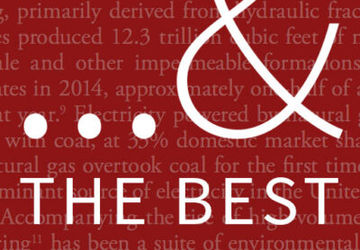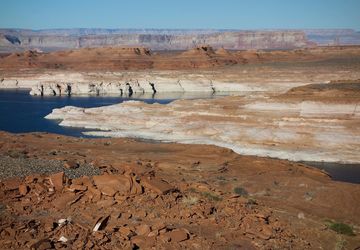Vrinda Suresh attends a wetlands assessment training during her first week at the San Francisco Estuary Institute.
Vrinda M. Suresh (she/her)
Hometown: Fremont, CA
Area of Study: Ecology and Evolution ‘23, M.S. Earth Systems ‘23
Internship: San Francisco Estuary Institute (SFEI)
Vrinda Suresh shares highlights from her experience as a Bill Lane Center intern at the San Francisco Estuary Institute
Guadalupe Creek isn’t necessarily a place you’d want to swim, considering it’s largely fed by urban runoff and still experiences elevated mercury levels from local mining operations. But when spending eight-hour days outdoors in 90-degree weather, wearing rubber hip-boots and crawling around in riparian underbrush, every chance to wade into the Guadalupe (hip-boots still on!) felt like a luxury.
I began my internship with San Francisco Estuary Institute by tromping around in some of the South Bay’s urban creeks and wetlands because my supervisors had generously allowed me to join a wetland assessment training for my first week. Though this pushed back the start of my office-based projects, after the training ended I would be a certified California Rapid Assessment Method (CRAM) practitioner (though, as our instructor emphasized, it would still take a lot more practice to be any good at it.) Other trainees included employees from restoration organizations, local government agencies and water districts, and environmental consulting companies. It was exciting to explore new parts of the Bay Area and learn some of the visual clues that indicate wetland health, and a great opportunity to meet and learn from people working in different parts of the environmental field, with expertise ranging from botany to geomorphology.
SFEI is a science institute that conducts research and creates decision-making and communication tools related to the ecological health of the waters, wetlands, wildlife and landscapes of San Francisco Bay, the California Delta and beyond. My internship this summer has specifically been with the Resilient Landscapes program, which focuses broadly on nature-based strategies for supporting human and ecological health.
Since the CRAM training, most of my work has been more computer-based (except for a couple of field days surveying urban pollinator habitat in Mountain View). One thing I have appreciated during my time so far is the variety of work I have been exposed to. The tasks I have been working on have included conducting archival research for a project on the historical ecology of a watershed in Mendocino County; reviewing the scientific literature on topics related to urban greening and wetland greenhouse gas emissions; and synthesizing content for an urban biodiversity toolkit being released soon. I’ve had the opportunity to write, work on web design, brush up on my GIS skills, and read journal articles about topics I had little knowledge of before, both building new subject matter knowledge and practicing new skills.
I’m even more grateful for the people I’ve met. Everyone has been incredibly kind and generous with their time. People who aren’t working directly with me have been more than willing to have one-on-one chats and share career and life advice, and have seemed genuinely interested in what’s next for me. Managers have been very open to hearing what kinds of tasks I enjoy and are always trying to find ways to incorporate more of this into my work.
It’s been a privilege to hear just a little bit of the deep subject-matter and place-based knowledge so many folks at SFEI have. As an organization working at the boundary of science and policy, their projects serve and inform the work of local governments, companies, urban planners, and restoration organizations. Being at SFEI and seeing this kind of impact has only reinforced my interest in working on applied science at the local to state level. As I transition into post-college life, I look forward to taking these experiences with me and maintaining the connections I’ve made this summer.



